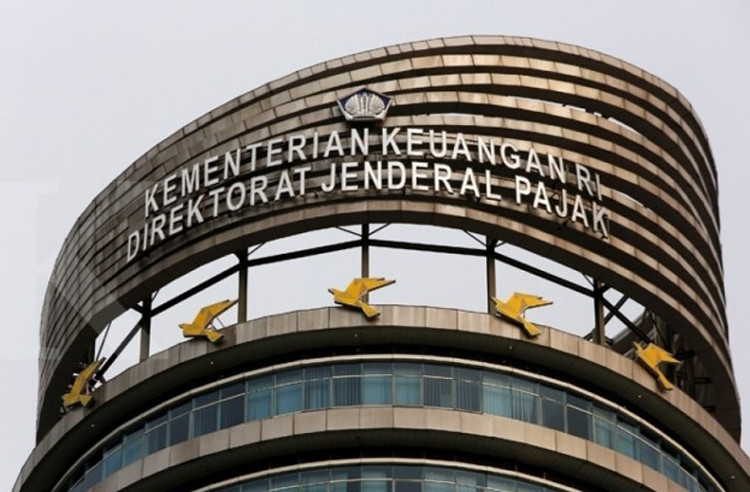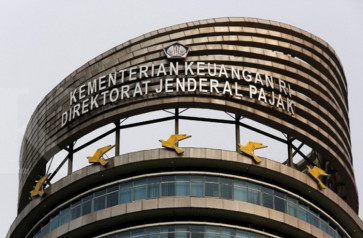Popular Reads
Top Results
Can't find what you're looking for?
View all search resultsPopular Reads
Top Results
Can't find what you're looking for?
View all search resultsVAT expenditures in reducing inequality
To increase transparency and assess tax incentives, Indonesia released its first Tax Expenditure Report last October.
Change text size
Gift Premium Articles
to Anyone
T
o increase transparency and assess tax incentives, Indonesia released its first Tax Expenditure Report last October. According to this report, the biggest tax expenditure in 2016 and 2017 was value added tax (VAT) expenditure, which accounted for about 80 percent of total tax expenditure in those two years. As this translates into big amounts of foregone government revenue, the question is whether the objectives of the tax incentive have been met.
By definition, VAT in Indonesia is a tax on the consumption of goods and services in the country’s customs and excises territory. It is collected using a multistage model designed to divide the tax burden between producers, distributors and consumers, which ultimately will be paid in its full rate, 10 percent of the total sales price, by the end consumer. The division is done by implementing so-called input tax crediting.
VAT revenue is important for Indonesia, especially in view of the still low income tax collection, as evidenced by the low tax-to-gross domestic product (GDP) ratio of less than 11 percent, among the lowest in the region.
In line with the broad-based tax performance, the VAT performance has also been facing structural challenges, as VAT revenue (as a percentage of government expenditure) has been stagnant since 2010. It only grew to 23.1 percent in 2017 from 20.9 percent in 2010 or an increase of about 2.2 percentage points. This is largely down to the fact that the government gives sizable tax incentives.


















